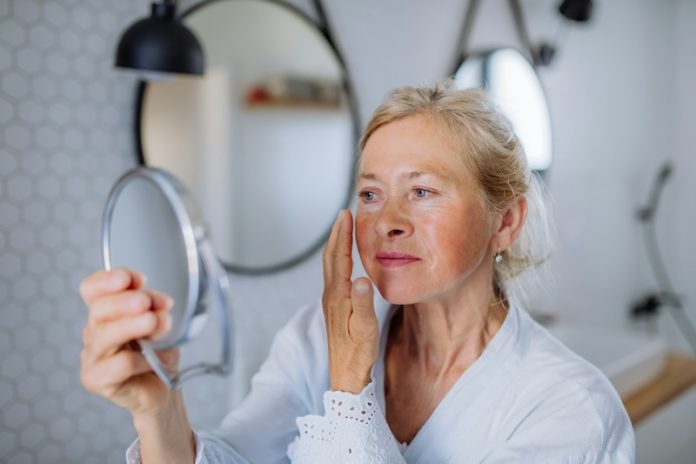
Cataracts are a common eye condition in older adults, especially those over 60. They occur when the clear lens in the eye becomes cloudy, making vision blurry or dim. While cataracts are a natural part of aging, they don’t have to be inevitable.
Research has shown that simple lifestyle changes and habits can reduce the risk of developing cataracts and keep your vision clear for longer.
The first step to preventing cataracts is understanding what causes them. Cataracts develop when proteins in the eye’s lens break down and clump together, forming cloudy spots.
This process can be triggered by a combination of aging, exposure to ultraviolet (UV) light, poor diet, smoking, and certain medical conditions like diabetes. While some risk factors, like aging, can’t be avoided, many others can be managed with the right steps.
Protecting your eyes from harmful UV rays is one of the most effective ways to lower your risk of cataracts. Over time, UV rays from the sun can damage the proteins in the lens, speeding up the formation of cataracts.
Wearing sunglasses that block 100% of UV rays and a wide-brimmed hat when you’re outdoors can provide excellent protection. Even on cloudy days, UV rays can still reach your eyes, so it’s a good idea to make sunglasses a daily habit.
Diet also plays a key role in cataract prevention. Antioxidants, which are found in many fruits and vegetables, help protect the eyes from damage caused by free radicals—unstable molecules that can harm cells, including those in the lens.
Foods rich in vitamin C, such as oranges, strawberries, and bell peppers, have been shown to reduce the risk of cataracts. A study published in the journal Ophthalmology found that people with higher vitamin C intake were 33% less likely to develop cataracts.
Vitamin E is another important nutrient for eye health. It’s found in nuts, seeds, and vegetable oils and helps prevent oxidative damage to the eyes.
Additionally, carotenoids like lutein and zeaxanthin, which are found in leafy greens like spinach and kale, can filter harmful blue light and reduce the risk of cataracts. Research from the American Journal of Clinical Nutrition shows that a diet rich in these nutrients can lower cataract risk by up to 20%.
Staying hydrated is also important for maintaining healthy eyes. Dehydration can affect the balance of fluids in the eye, potentially leading to lens damage over time. Drinking enough water daily supports overall eye health and may help slow down cataract development.
Lifestyle choices like quitting smoking and limiting alcohol consumption can further reduce your risk. Smoking produces harmful chemicals that increase oxidative stress in the eyes, while excessive alcohol intake can deplete antioxidants. Quitting smoking not only improves your eye health but also has many other benefits for your overall well-being.
Regular eye check-ups are another essential part of preventing cataracts. An eye exam can detect early signs of lens changes before they affect your vision. Early detection allows your eye doctor to recommend strategies to slow down the progression of cataracts. Adults over 60 should aim to have a comprehensive eye exam every one to two years.
Finally, managing underlying health conditions like diabetes and high blood pressure is crucial. Both conditions can increase the risk of cataracts if not controlled. Maintaining a healthy weight, exercising regularly, and following your doctor’s advice can help keep these conditions in check and protect your eyes.
In summary, while cataracts are common as we age, they aren’t unavoidable. Simple steps like protecting your eyes from UV rays, eating a diet rich in antioxidants, staying hydrated, and avoiding smoking can go a long way in keeping your vision clear.
Regular eye exams and managing your overall health are also key to reducing the risk. By taking these steps, you can enjoy better eye health and a clearer view of the world well into your golden years.
If you care about eye health, please read studies about how vitamin B may help fight vision loss, and MIND diet may reduce risk of vision loss disease.
For more information about eye disease, please see recent studies about how to protect your eyes from glaucoma, and results showing this eye surgery may reduce dementia risk.
Copyright © 2025 Knowridge Science Report. All rights reserved.



